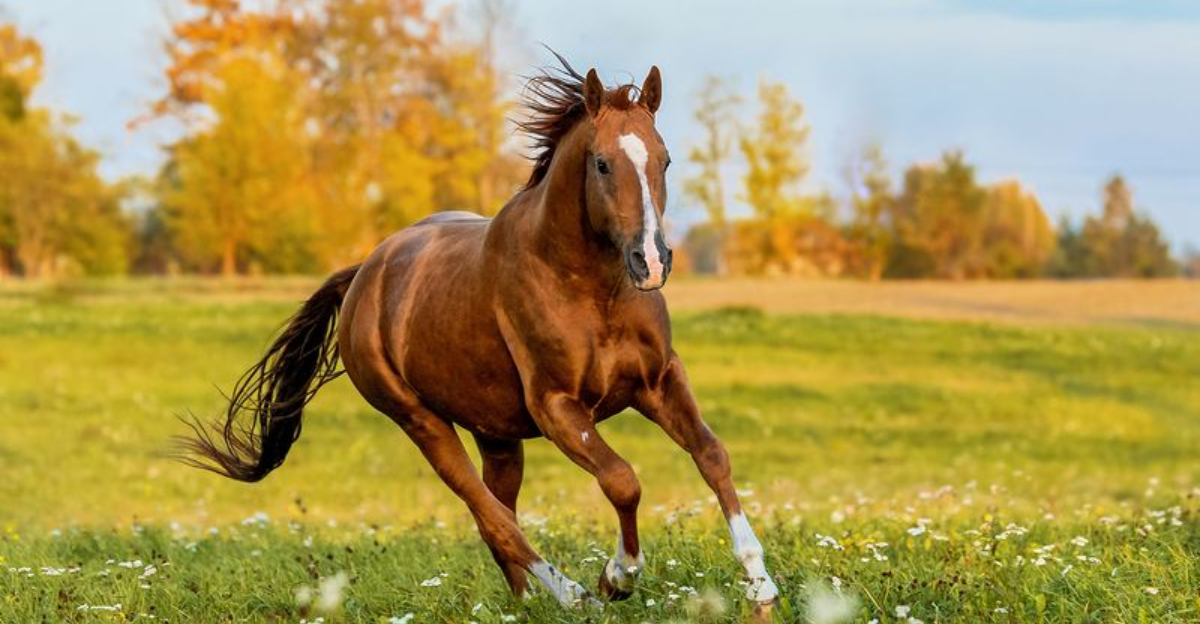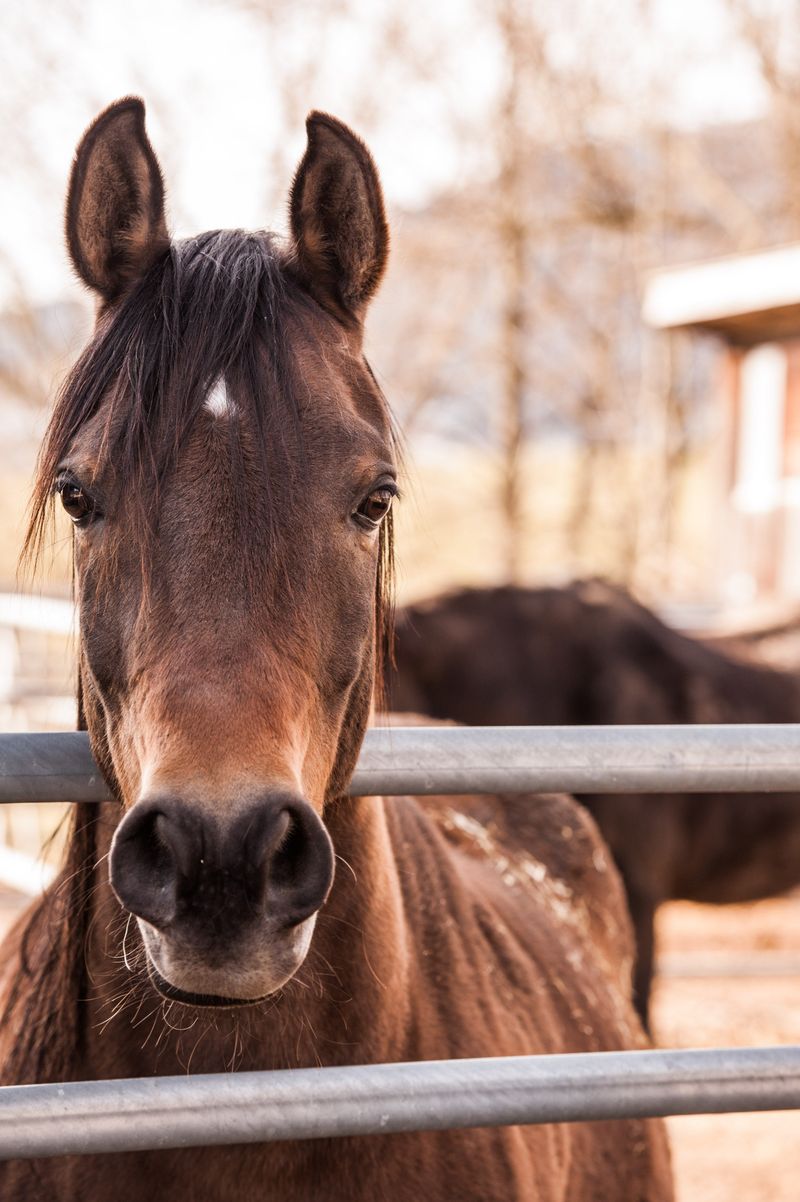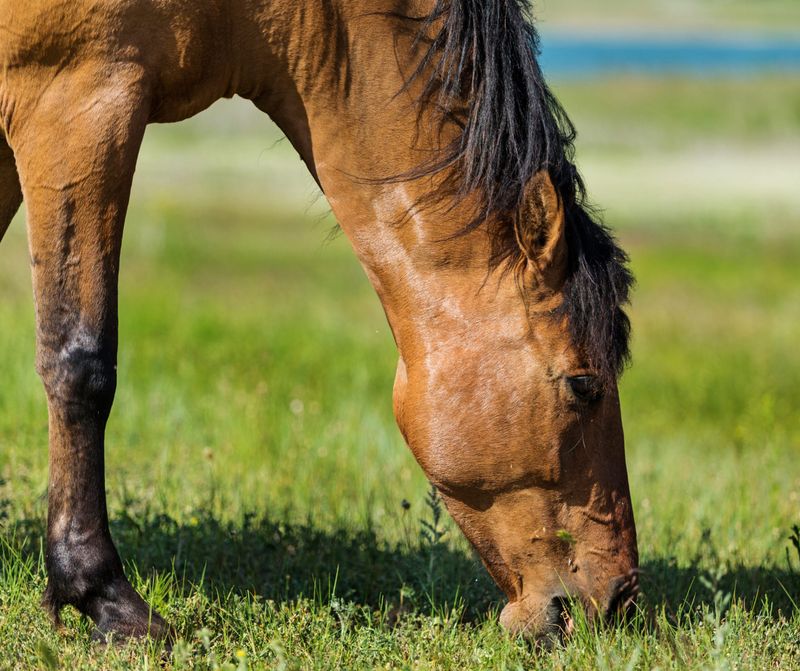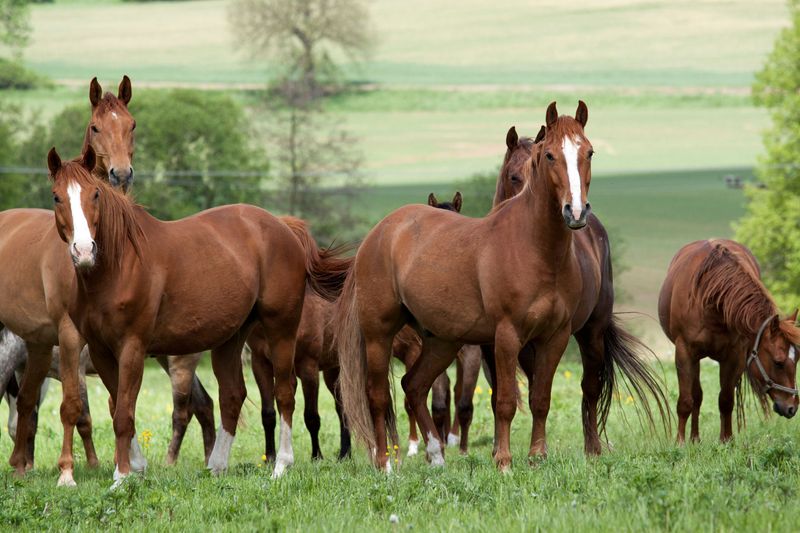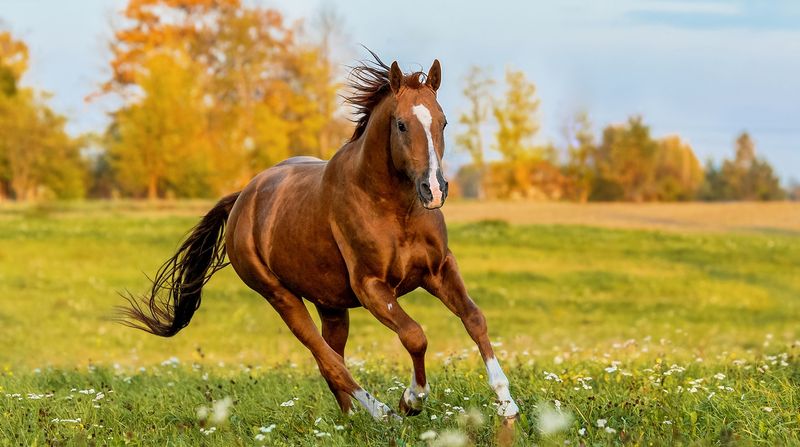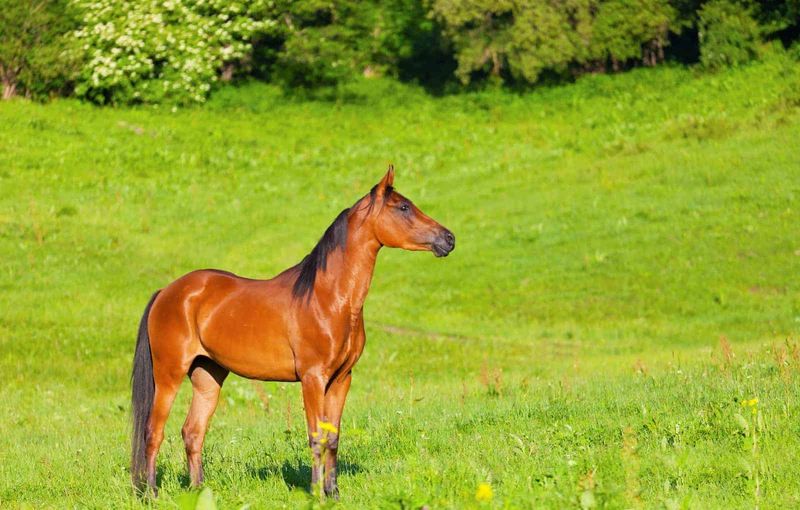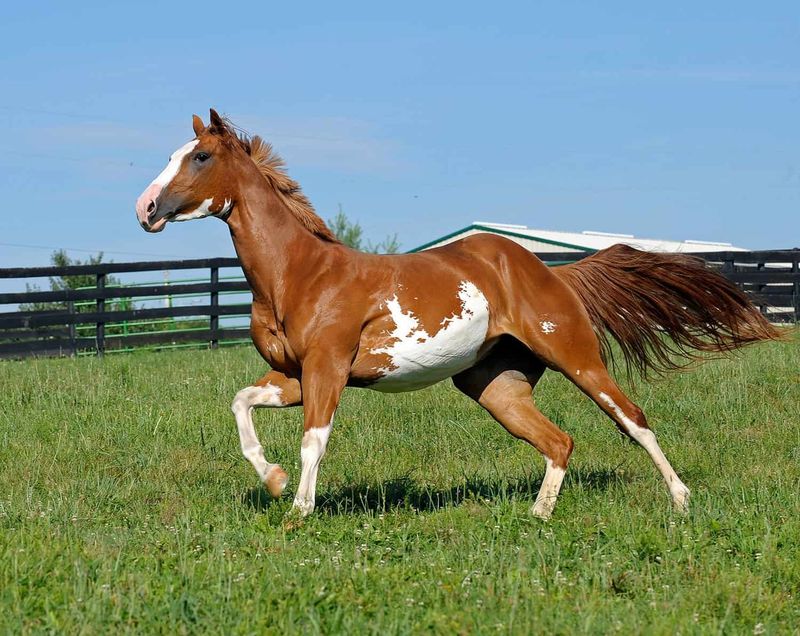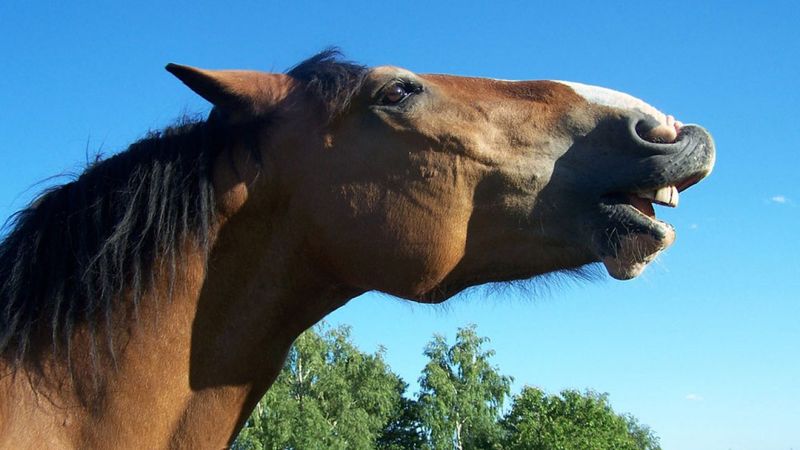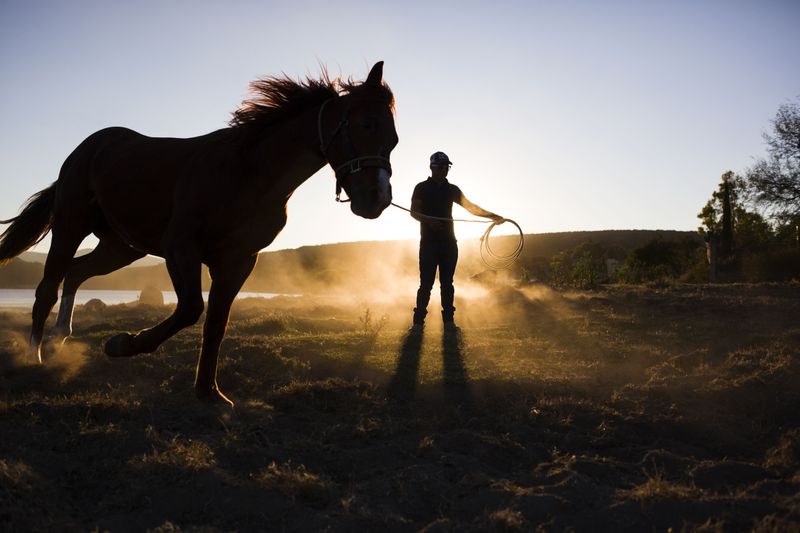📖 Table of Content:
Horses, with their grace and intelligence, express their emotions in subtle yet meaningful ways. A happy and healthy horse demonstrates certain behaviors and physical cues that reflect its overall well-being. By learning to recognize these signals, horse owners can foster a deeper bond and ensure their equine companions are thriving.
From relaxed body language to a bright, attentive demeanor, content horses show visible signs of comfort and trust. Positive interactions with humans, curiosity in their surroundings, and steady eating habits all point to emotional and physical satisfaction. These indicators not only reveal happiness but also highlight the importance of a nurturing environment.
We’ll outline 8 key signs that signify a happy and content horse. Understanding these cues allows you to create the best possible conditions for your horse, enhancing its quality of life and strengthening your connection. Happy horses lead to more rewarding experiences for both rider and animal.
1. Bright Eyes and Ears
A horse’s eyes and ears are significant indicators of its mood. Bright, alert eyes that track movement with curiosity suggest a horse is engaged and happy. When its ears are perked up, swiveling to listen to its surroundings, this is another positive sign.
In contrast, pinned-back ears can indicate distress or irritation. Observing these features can offer insights into your horse’s mental state. Regularly engaging with your horse helps keep its spirit high, creating a positive environment for these happy signs to flourish.
2. Healthy Appetite
A thriving horse will have a robust and steady appetite. If your horse eagerly anticipates feeding times and consumes its meals with enthusiasm, this is a sign of good health. Healthy eating habits indicate not only physical well-being but also contentment in its daily routine.
Changes in appetite can be a warning sign, potentially pointing to issues that may need veterinary attention. Therefore, monitoring your horse’s eating patterns provides valuable insight into its overall happiness and health.
3. Social Interactions
Horses are social creatures and thrive on interaction with their herd or human companions. A happy horse will engage in playful behavior, such as nudging or grooming fellow horses. This is a reflection of a horse’s comfort and enjoyment within its social structure.
If a horse is isolated or withdrawn, it might be a sign of unhappiness or stress. Encouraging social interaction is key to maintaining your horse’s joyful and lively spirit.
4. Smooth and Shiny Coat
A vibrant, shiny coat is a hallmark of a horse’s health and happiness. This external sign is indicative of proper nutrition, grooming, and overall well-being. When a horse’s coat gleams in the sunlight, it reflects not just its physical condition but also a content lifestyle.
Regular grooming enhances this shine and serves as an opportunity for bonding, reinforcing the horse’s positive emotional state. Noticing a dull coat could be a cause for concern, signaling a need for dietary or health adjustments.
5. Calm and Relaxed Posture
Observe your horse’s posture for clues about its happiness. A calm, relaxed stance with even weight distribution suggests contentment. When a horse is comfortable, it will stand quietly, breathe evenly, and show no signs of tension.
This serene posture is crucial, as it indicates a stress-free environment. In contrast, a tense or restless horse may need attention. Promoting a tranquil setting helps foster this calm demeanor, ensuring your horse remains happy and at ease.
6. Playful Behavior
Playful antics in horses are a clear sign of happiness. When a horse engages in frolicking behavior like running, bucking, or jumping, it’s expressing joy and energy. Such activities reflect a healthy and stimulated mind.
Providing ample space for these playful moments is essential, as it allows the horse to exhibit its natural exuberance. Remember, a playful horse is a thriving horse, full of life and contentment in its surroundings.
7. Consistent Vocalizations
Horses communicate through vocalizations, and consistent, positive sounds like neighs and whinnies often signal happiness. These vocal cues express excitement, recognition, or serve as a warm greeting, reflecting the horse’s emotional state and connection to its environment.
When a horse vocalizes frequently in a gentle manner, it’s showing its comfort in the environment. However, excessive or distressed sounds might indicate discomfort. Understanding these vocal cues helps in assessing your horse’s happiness and addressing any needs.
8. Willingness to Work
A happy horse shows enthusiasm and willingness to work. Whether it’s during training sessions or casual riding, a content horse will respond to commands with eagerness. This willingness is a reflection of trust and enjoyment in the activities it’s engaged in.
Recognizing and rewarding this positive attitude through treats or rest can further enhance a horse’s happiness. If a horse becomes reluctant or resists work, it may require a review of its exercise routine or overall care.
